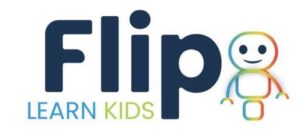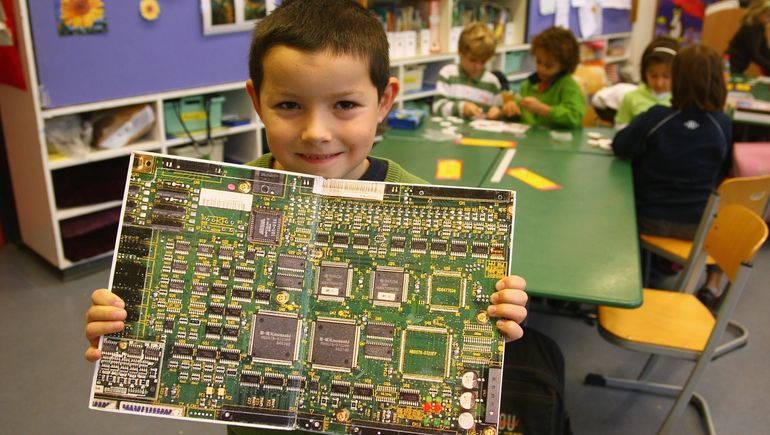Dive Brief:
-
Career education training and activities typically start in middle and high school, but experts believe there is a benefit to launching them earlier and giving pupils a window into what’s possible as early as elementary school.
-
Specialization can even begin at this age, as shown with the STEM focus students at A.J. Whittenberg Elementary School of Engineering in Greenville, South Carolina. That level of concentration can be fruitful for recruiting traditionally underrepresented students into STEM fields, said Alisha Hyslop, senior director of public policy for Association for Career and Technical Education, though she cautions educators should be careful not to silo students when they are young.
-
“Don’t narrow career focus too early,” Hyslop said. “In elementary school, it should be very broad, and they should be exposed to all kinds of opportunities.”
Dive Insight:
Many elementary schools hold career days where students learn about jobs they may pursue. But educators can open the door a bit wider by exposing early grade students to concepts and hands-on activities that form the bedrock of some careers, whether that’s building simple robots and machines or opening a lunchtime store for their peers. Doing so allows students to discover areas that interest them while also getting them started on building skills.
“Getting them to grapple with concepts of careers at an early age helps them learn what career paths may be possible and make decisions about educational and career possibilities as they get older,” said Hyslop. “A student exposed to robots and engineering in elementary school may want to take robotics or Algebra 1 in middle school.”
These activities can also help bridge equity issues in schools. Some students may have built robots at home with their parents, while some may not have family members with jobs in technology or the opportunity to learn about related topics and concepts. Bringing these options into elementary grades can help expand opportunities to students who aren’t traditionally represented.
“It’s all about exploration and normalization,” said Hyslop. “Students should see there are careers available to people who look like me, live where I live, and are in this community.”
But educators should be aware that students, especially those who are young, are likely to change their interests and their minds about what they want to pursue when they get older — as even adults do. That’s why Hyslop advises it’s crucial that schools, even those with a specific focus, expose students to all academic areas.
“Just because you’re a magnet school, all skills are important so that regardless of what pathway a student takes, they’re prepared,” said Hyslop. “That’s true through high school. Students need the foundational skills to be successful in any postsecondary opportunity.”






Leave a Reply